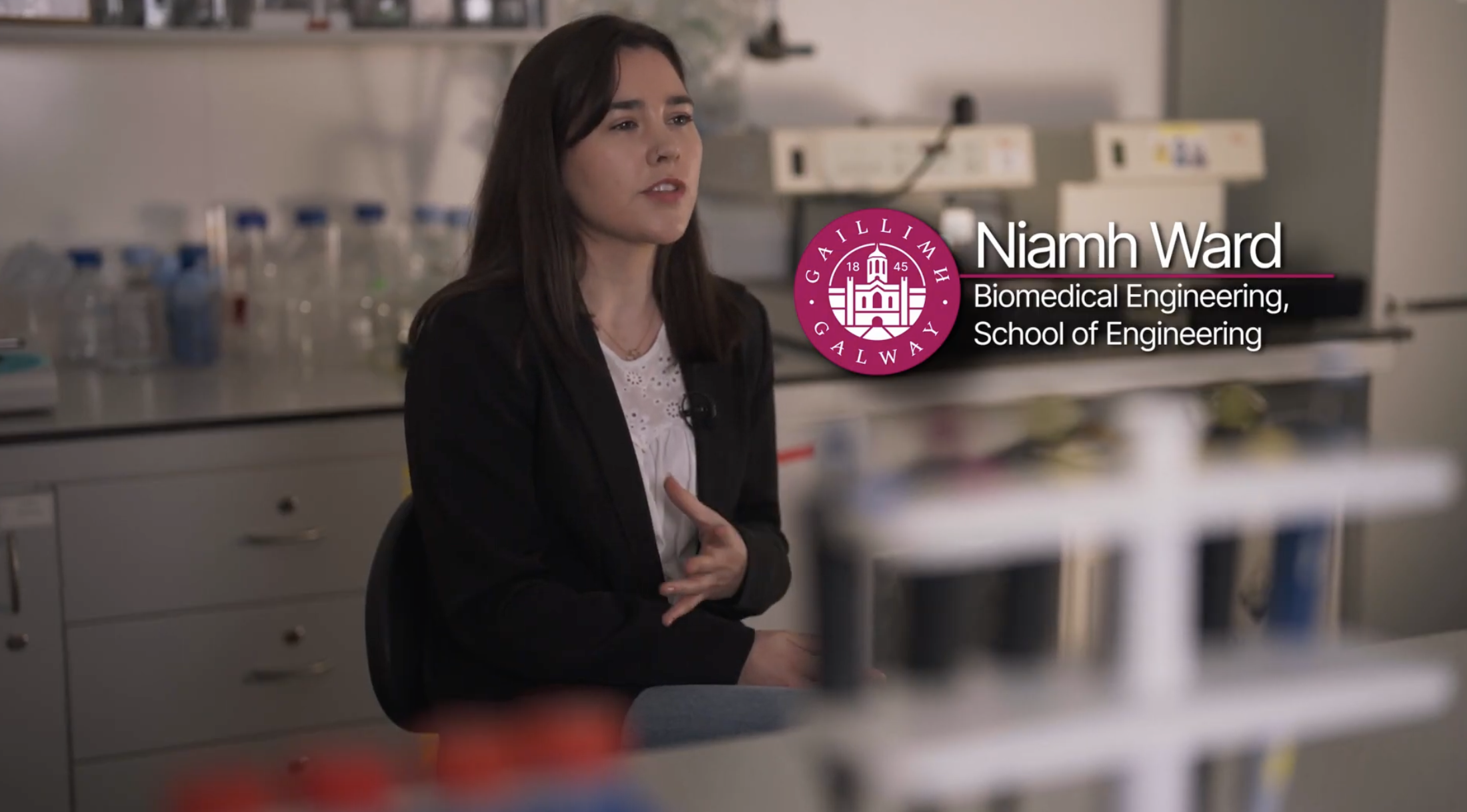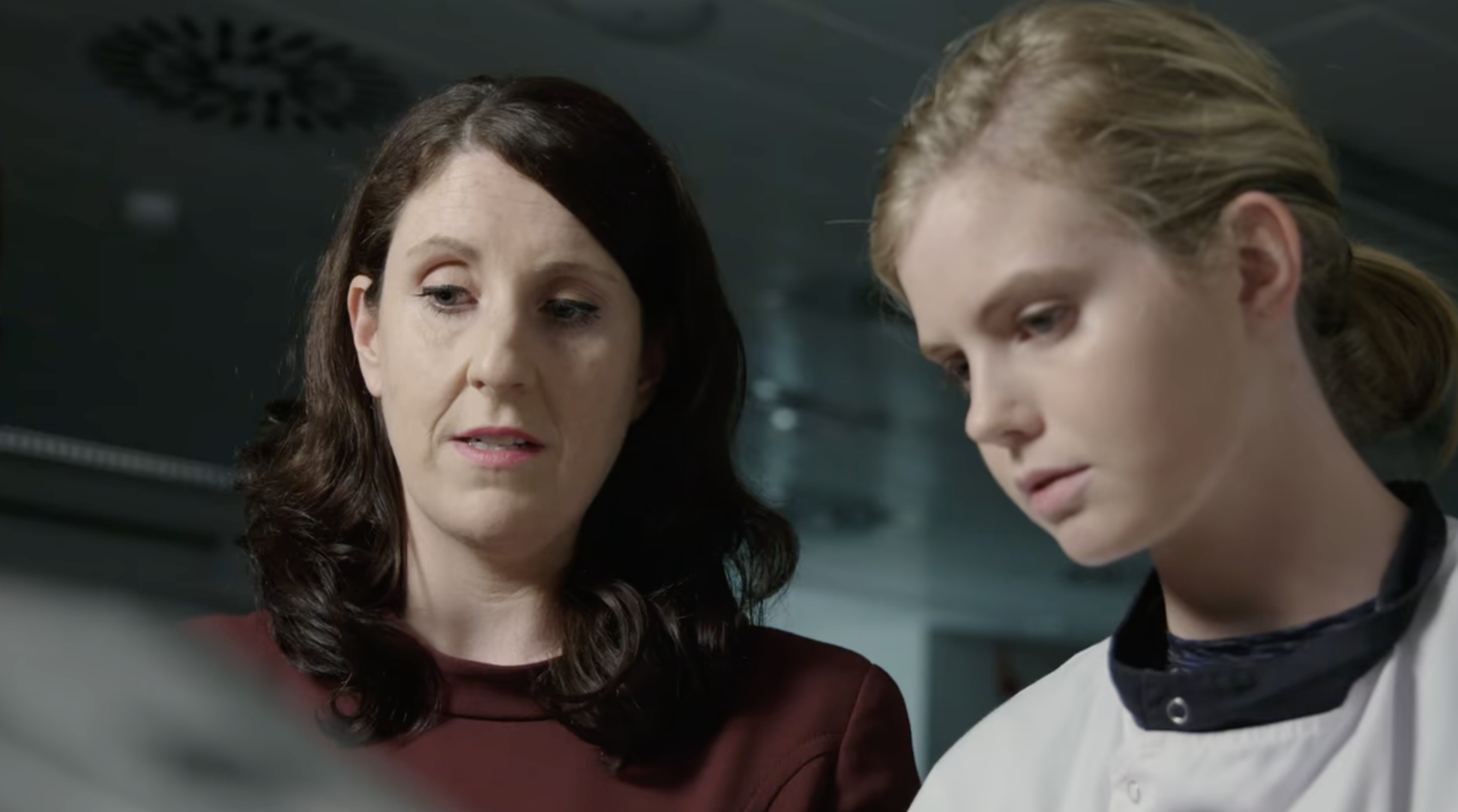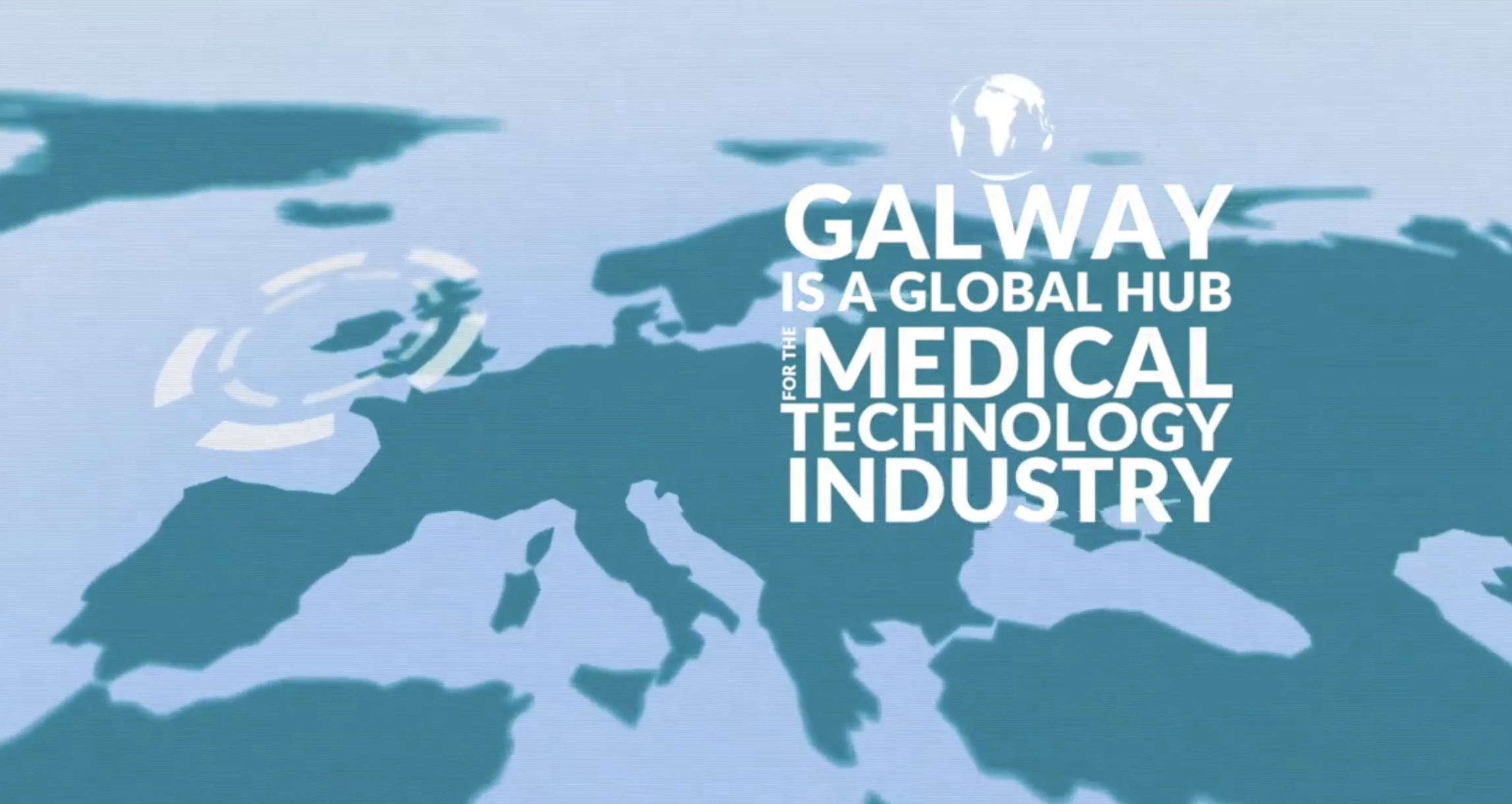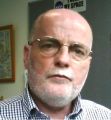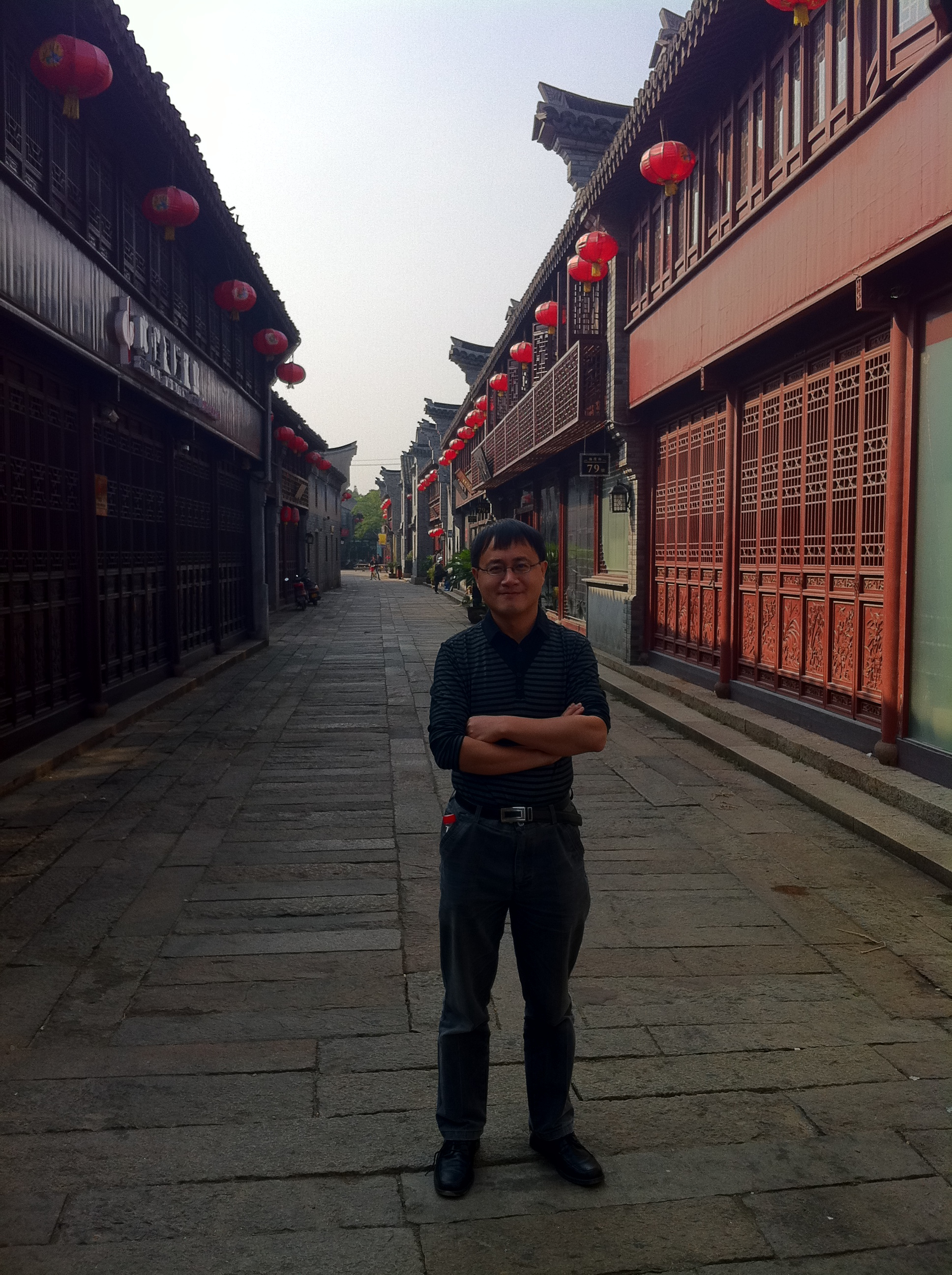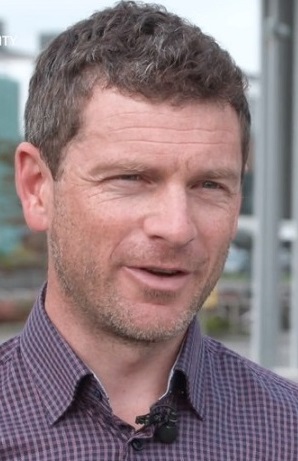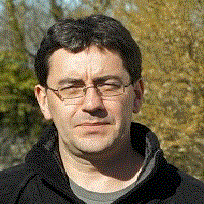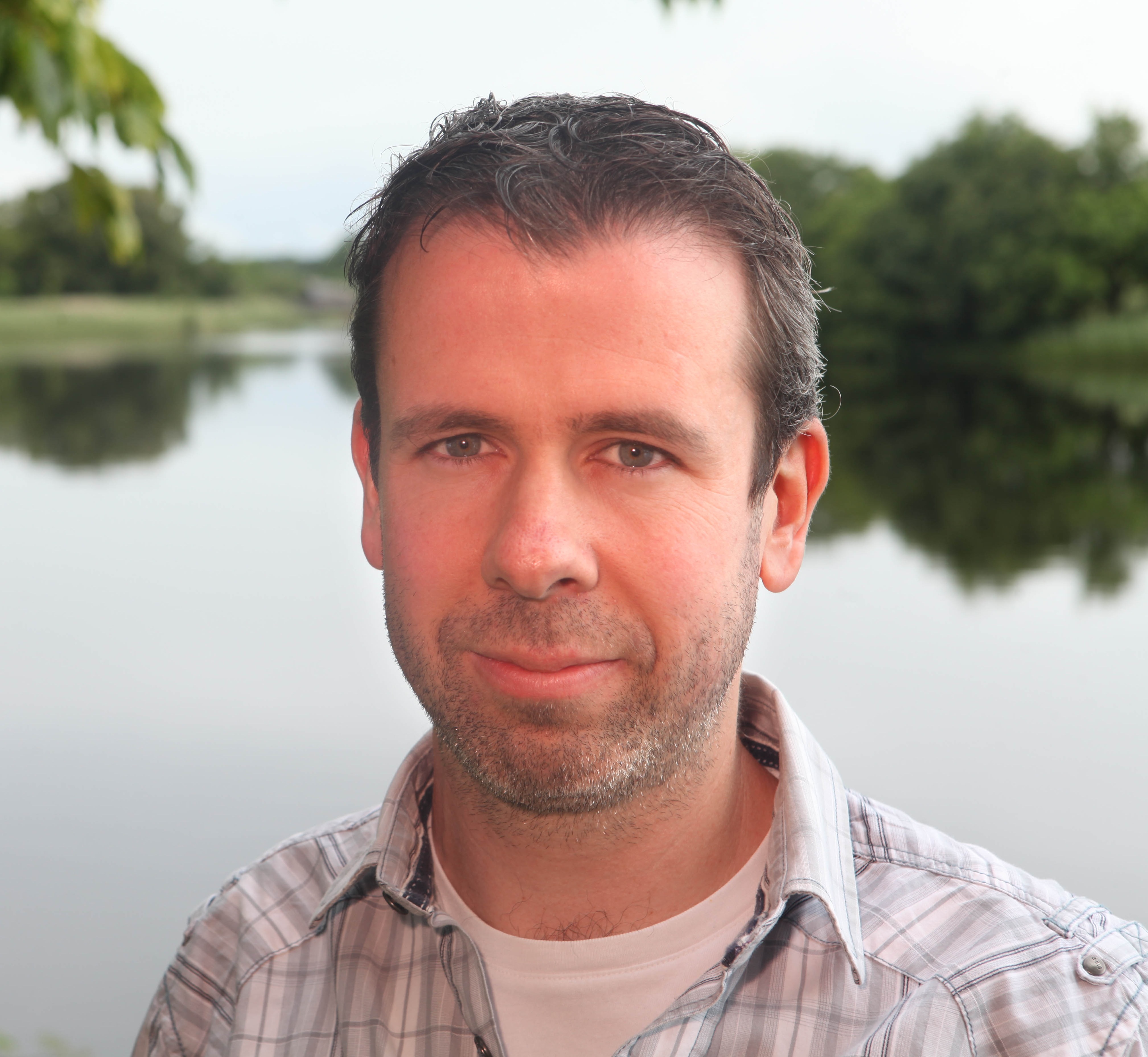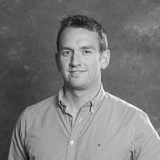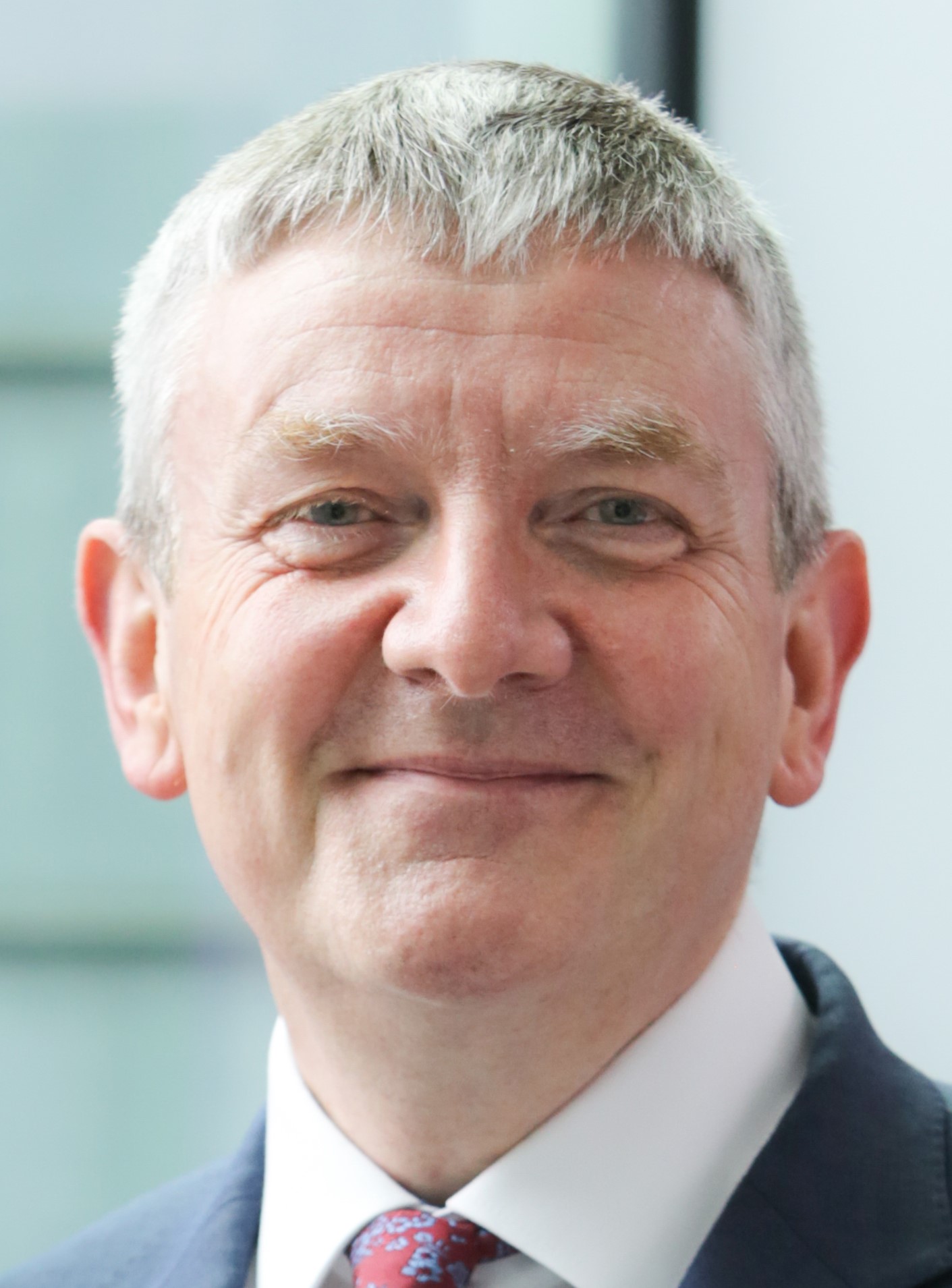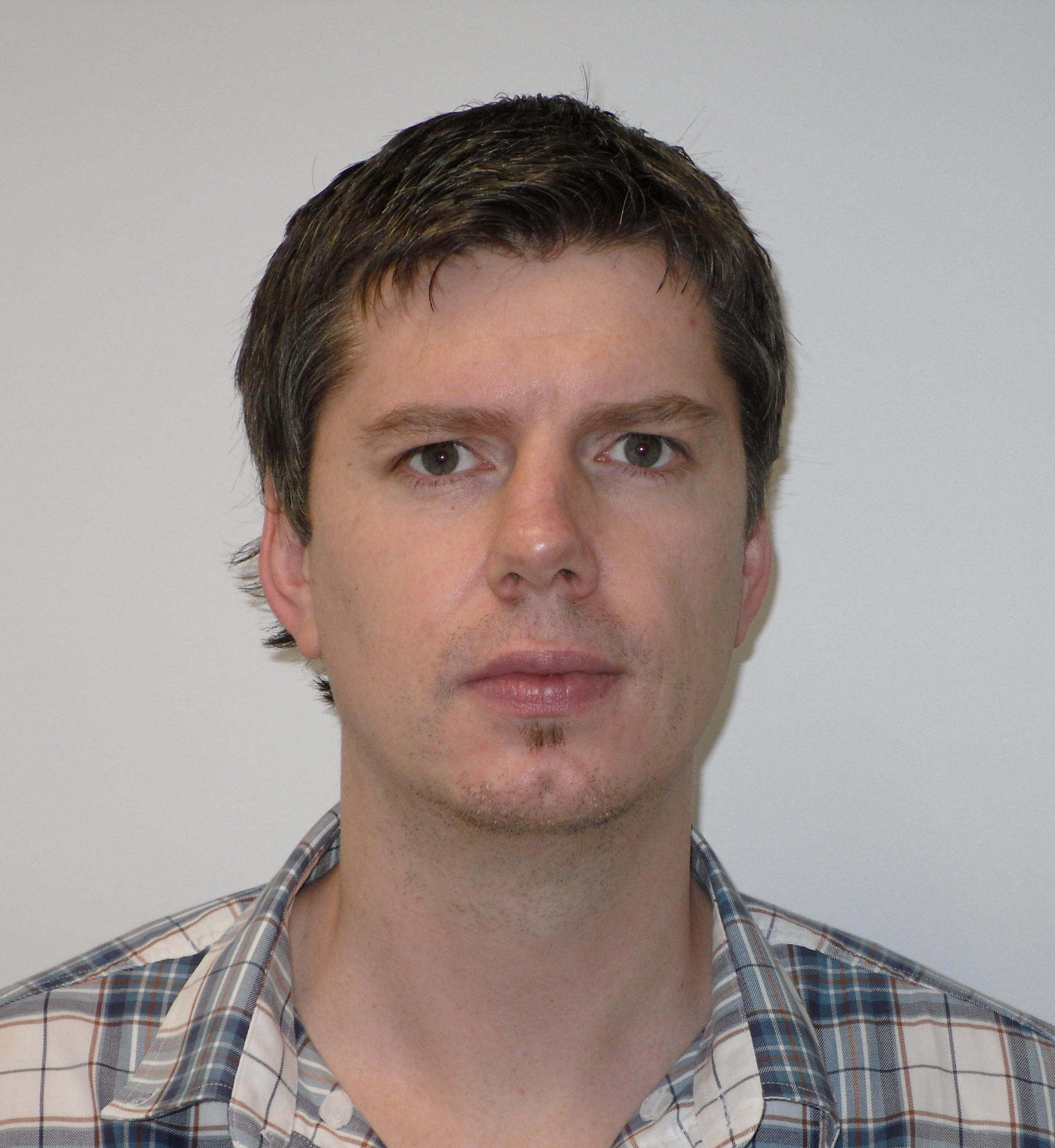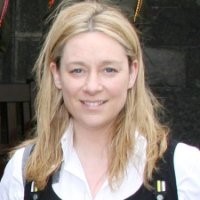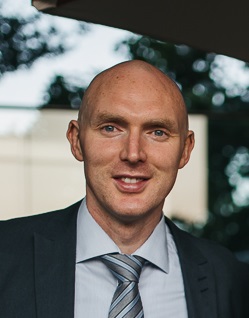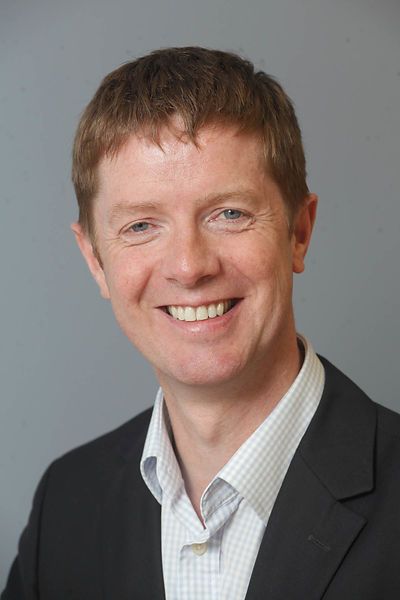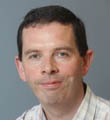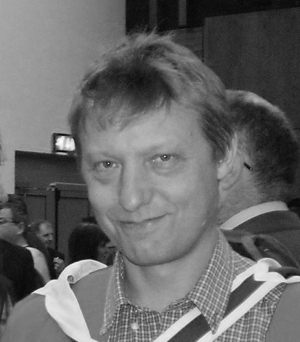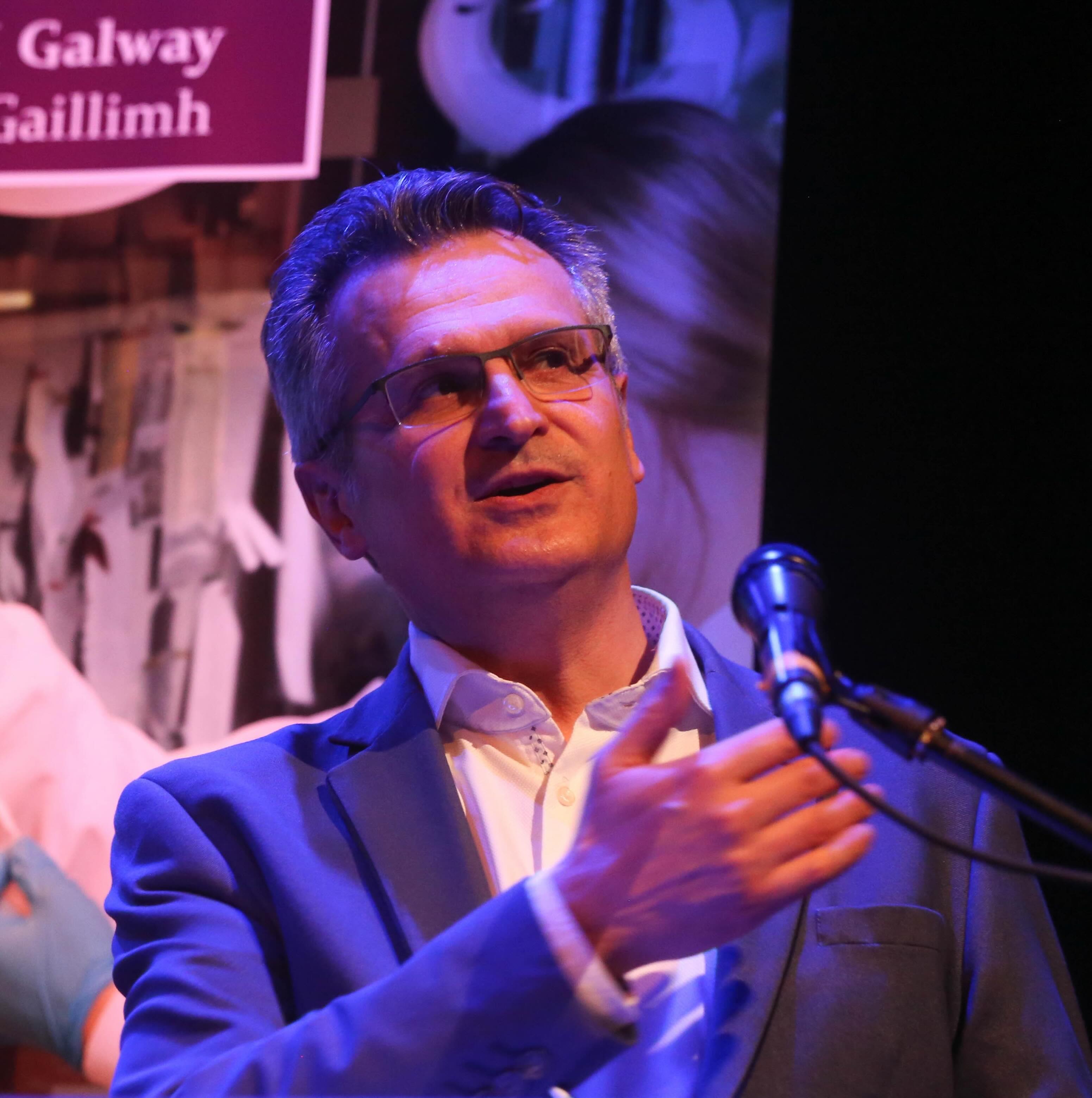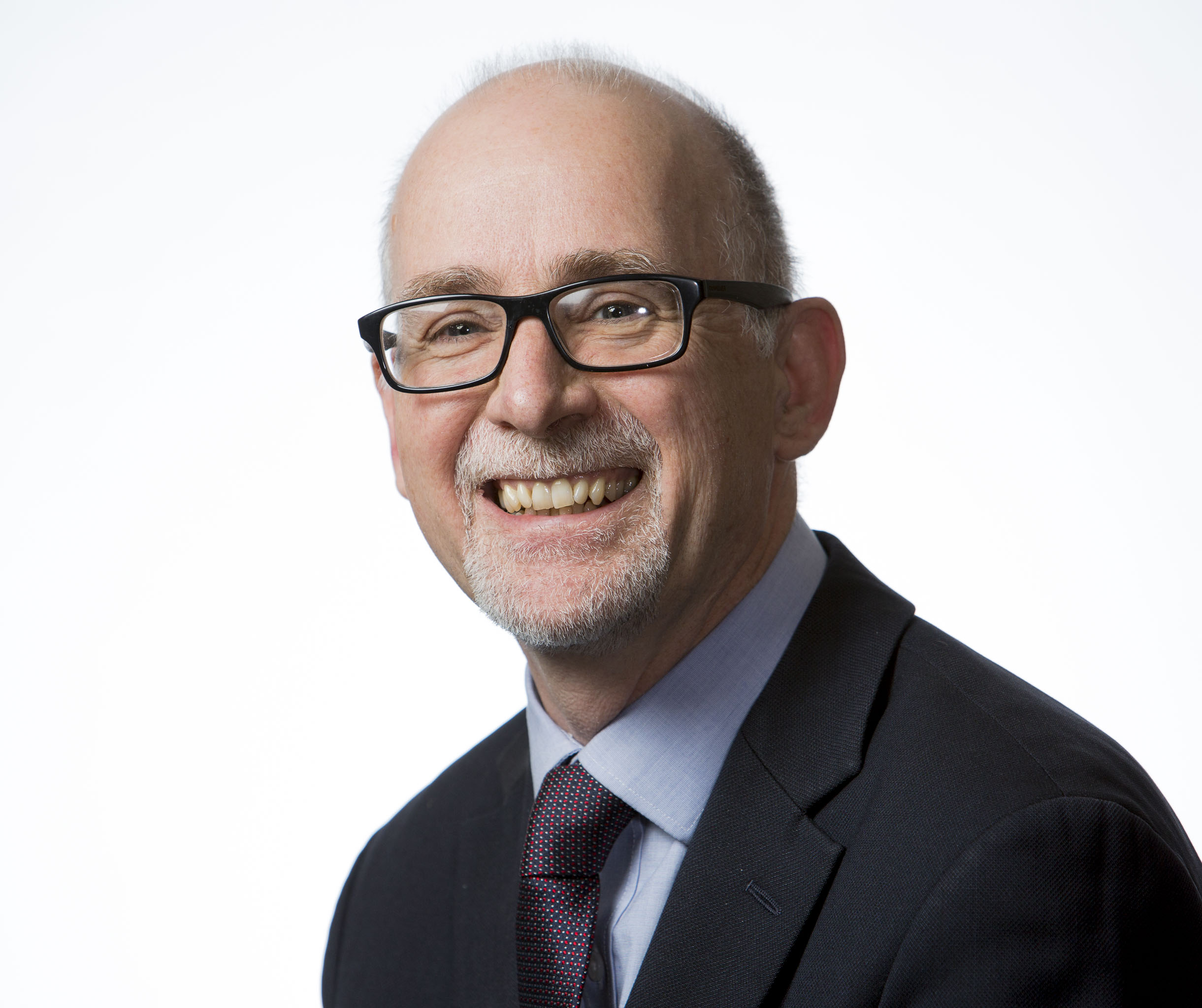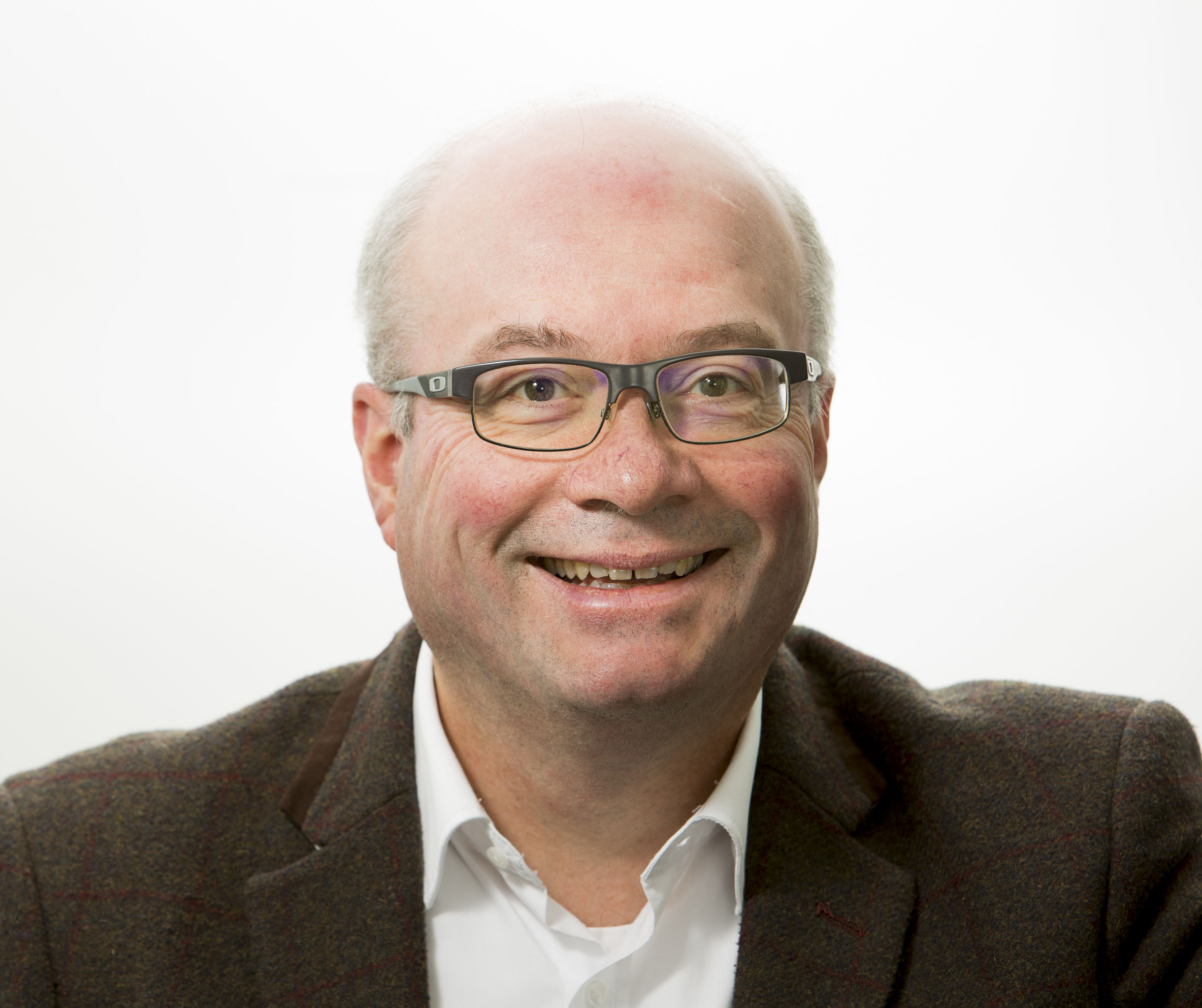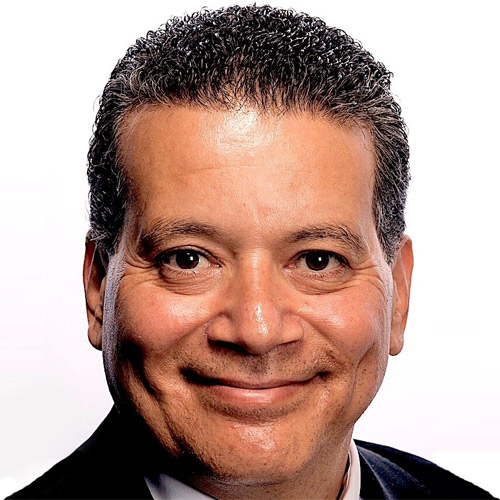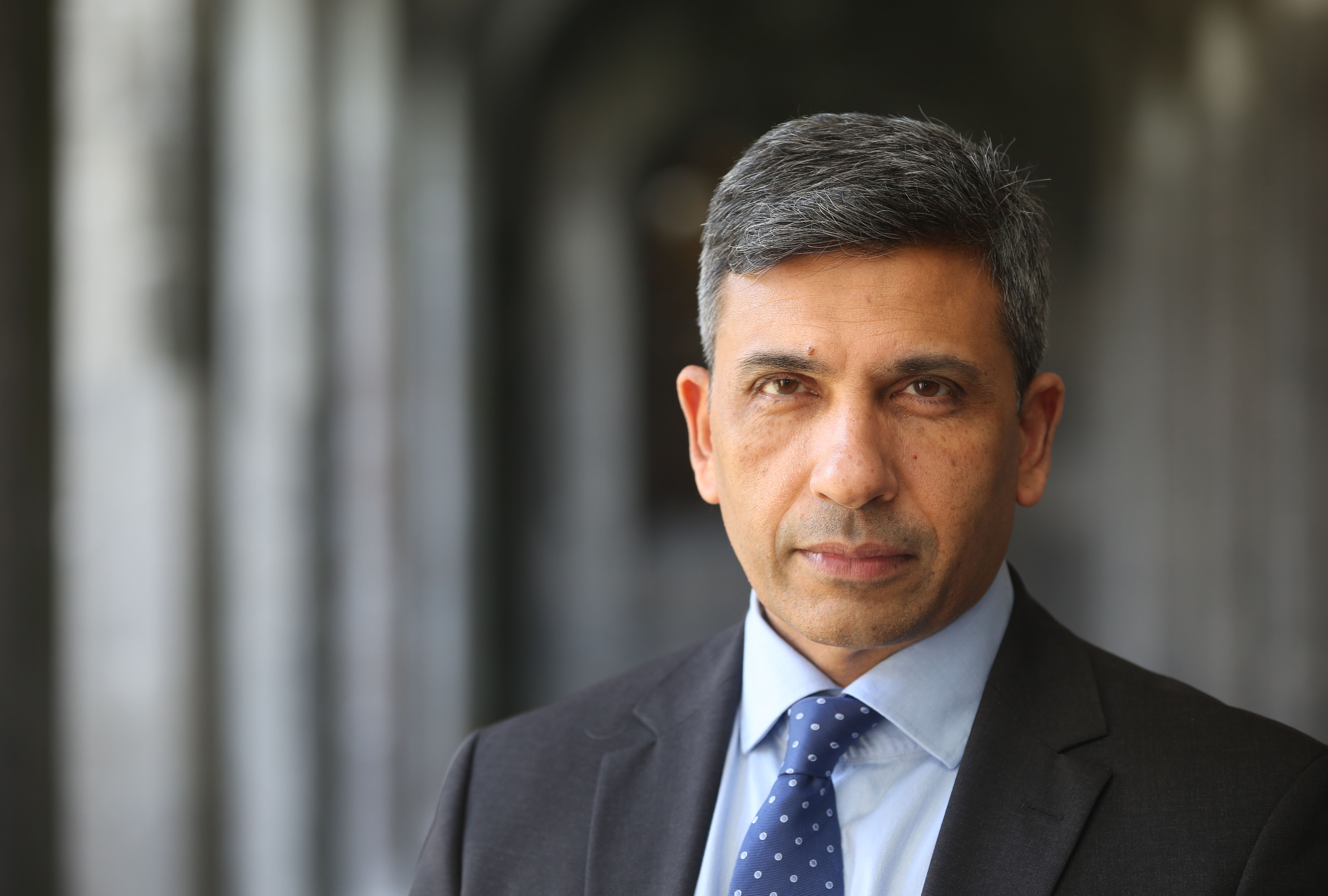-
Courses

Courses
Choosing a course is one of the most important decisions you'll ever make! View our courses and see what our students and lecturers have to say about the courses you are interested in at the links below.
-
University Life

University Life
Each year more than 4,000 choose University of Galway as their University of choice. Find out what life at University of Galway is all about here.
-
About University of Galway

About University of Galway
Since 1845, University of Galway has been sharing the highest quality teaching and research with Ireland and the world. Find out what makes our University so special – from our distinguished history to the latest news and campus developments.
-
Colleges & Schools

Colleges & Schools
University of Galway has earned international recognition as a research-led university with a commitment to top quality teaching across a range of key areas of expertise.
-
Research & Innovation

Research & Innovation
University of Galway’s vibrant research community take on some of the most pressing challenges of our times.
-
Business & Industry

Guiding Breakthrough Research at University of Galway
We explore and facilitate commercial opportunities for the research community at University of Galway, as well as facilitating industry partnership.
-
Alumni & Friends

Alumni & Friends
There are 128,000 University of Galway alumni worldwide. Stay connected to your alumni community! Join our social networks and update your details online.
-
Community Engagement

Community Engagement
At University of Galway, we believe that the best learning takes place when you apply what you learn in a real world context. That's why many of our courses include work placements or community projects.
Biomedical Engineering—MSc
Course Overview
The MSc in Biomedical Engineering is designed to give an advanced educational experience in biomedical engineering. The programme focuses on developing advanced technical knowledge and skills, coupled with real-world implementation through research and innovation.
Combining a substantial research component with instruction through taught modules and a significant project-based learning component, the aim of the programme is to generate the future leaders of the international medical technology industry, academic research and teaching in biomedical engineering.
The programme builds on the already highly successful BE and ME programmes in Biomedical Engineering at University of Galway. It combines state-of-the-art graduate level taught modules with modern medical technology research. The programme is closely related to the ME in Biomedical Engineering (course instance code: GYE18), but is broader in scope and also includes a substantial one-year 30 ECTS research thesis.
The MSc is specifically designed to appeal to Irish and international students with a variety of relevant educational backgrounds, particularly those who have a strong foundation in mathematics and engineering from their Undergraduate education.
Scholarships available
Find out about our Postgraduate Scholarships here.
Applications and Selections
Applications are made online via the University of Galway Postgraduate Applications System.
Entry to the programme is open to individuals who have a Second Class Honour Grade one, Level 8 degree in Biomedical Engineering or in a related discipline. If a student has an undergraduate degree in a related discipline, the application will be reviewed to establish whether the student has an appropriate depth of undergraduate level content in engineering-related modules, particularly mathematics and physics.
If you have an accredited undergraduate Engineering level 8 (or equivalent) degree you may also be interested in ME Biomedical Engineering.
Who Teaches this Course
- Ms Niamh Hynes
- Mr W. Tawfick
- Mr F. Shannon
- Mr Mark Da Costa
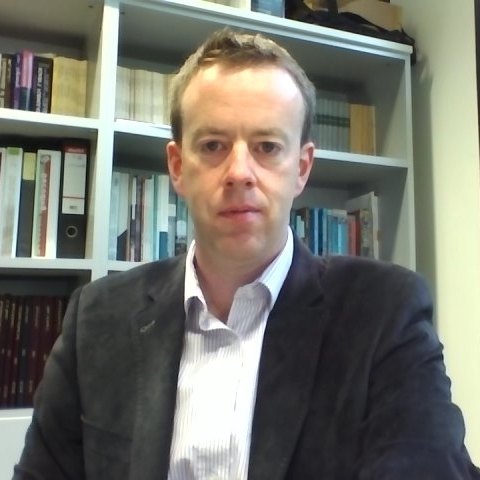
Alice Perry Engineering Building
View Profile
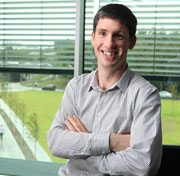
T: +35391492609
View Profile
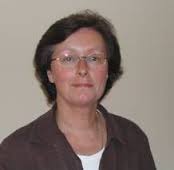
Alice Perry Engineering Building
View Profile
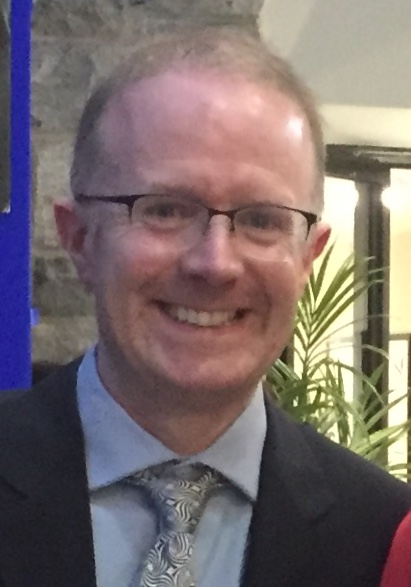
Room ENG-1038
Civil Engineering
Col of Engineering & Informatics
University of Galway
View Profile

Office 3039, Alice Perry Engineering Building
University of Galway
View Profile
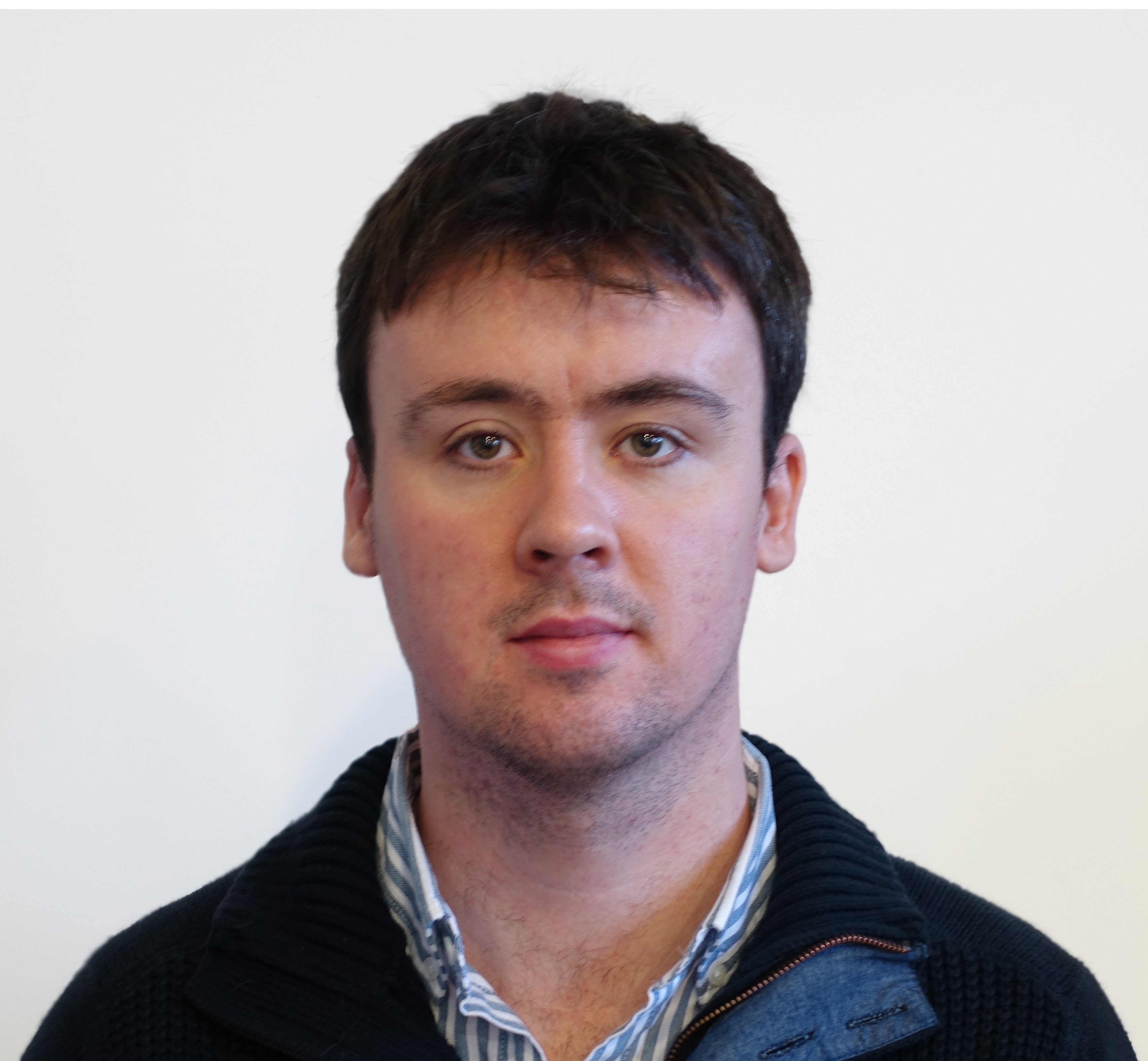
Biomedical Engineering
Alice Perry Engineering Building
University of Galway
View Profile
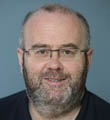
Mechanical & Biomedical Eng
ENG-2040
New Engineering Building
NUI Galway
View Profile
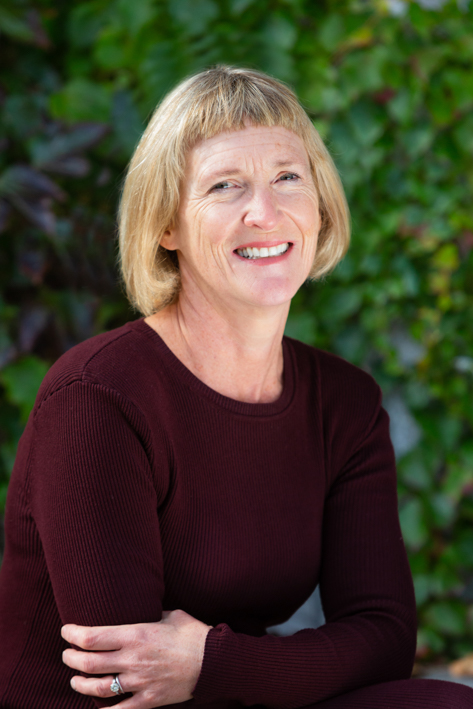
Mechanical Engineering
ENG-2046
Alice Perry Building
University of Galway
View Profile
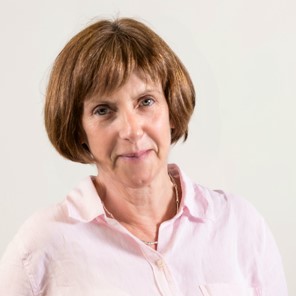
Biomedical Sciences Building
Dangan
Galway, H91W2TY
Ireland
View Profile
Requirements and Assessment
Key Facts
Entry Requirements
Entry to the MSc programme is open to individuals who have Second Class Honours, Grade 1 (H2.1), in a Level 8 engineering degree in a related discipline, or equivalent, from a recognised university or third-level college. Factors taken into account in determining admission will include the specific content of the undergraduate degree (with a particular focus on prior learning in engineering/mathematics/physics), the applicant’s performance, and the availability of places.
Additional Requirements
Recognition of Prior Learning (RPL)
Duration
1 year, full-time
Next start date
September 2025
A Level Grades ()
Average intake
20
QQI/FET FETAC Entry Routes
Closing Date
Please refer to the review/closing date website.
NFQ level
Mode of study
ECTS weighting
Award
CAO
Course code
MSC-MBM
Course Outline
The MSc in Biomedical Engineering is a one year, full-time programme that delivers an internationally-leading educational experience in this area that sits at the interface of engineering, biology and medicine.
The MSc in Biomedical Engineering is a 90 ECTS (Credits) programme, which includes a taught component of 60 ECTS (delivered in Autumn and Spring Semesters), with a substantial Research Thesis of 30 ECTS on a state-of-the-art topic in medical technology undertaken over the entire year of the programme.
Students entering on this programme must make module selections within one of the three streams below, with module selections in each stream comprising of foundational modules, technical elective modules and transferrable skills modules.
- General Stream: this stream provides students with a broad module choice that allows students to gain advanced technical skills across areas of biomechanics, computational methods, bioelectronics, biomaterials, tissue engineering and/or medical device design. This stream equips students with a broad knowledge base that could enable future careers in medical device design, clinical innovation and/or further study in Biomedical Engineering through research.
- Biomechanics and Medical Devices (BMD) Stream: this stream provides students with module choices that provide them with technical, transferrable and professional skills to work in the medical devices industry. Key focus areas include biomechanics, medical device design, manufacturing, project management and regulatory affairs.
- Medical Electronics (ME) Stream: this stream provides students with module choices that provide them with technical, transferrable and professional skills to work in the bioelectronics industry. Key focus areas include bioinstrumentation design, smart devices, UX design, project management and computational methods.
Students study a wide range of advanced Biomedical Engineering subjects across all these streams that offer practical and transferable training for future careers in research or the Medical Technology industry. Some examples of technical modules, and streams they are available on, are listed below.
- Biomechanics/Advanced Biomechanics (All Streams)
- Biomedical Engineering Design (All Streams)
- Advanced Manufacturing (All Streams)
- Bioinstrumentation Design (All Streams)
- Finite Element Methods/ Advanced Finite Element Methods (All Streams)
- Advanced Biomaterials (General Stream, BMD Stream)
- Tissue Engineering/Advanced Tissue Engineering (General Stream, BMD Stream)
- Biotransport (General Stream, BMD Stream)
- Mechanobiology (General Stream, BMD Stream)
- Lean Systems (All Streams)
- Advanced Manufacturing (All Streams)
- UX Design for Medical Devices (Medical Electronics Stream)
- Topics in Advanced Mobile Networks (Medical Electronics Stream)
- Embedded Image Processing (Medical Electronics Stream)
- Stem Cells and Gene Therapy/Translational Medicine (General Stream)
The transferable skills modules available to students are largely common across most streams and include,
- Project Management (All Streams)
- Lean Systems (All Streams)
- Research Methods for Engineers (All Streams)
- Technology, Innovation and Entrepreneurship (All Streams)
- Human Reliability (All Streams)
- Financial Management (General and BMD Streams)
Curriculum Information
Curriculum information relates to the current academic year (in most cases).Course and module offerings and details may be subject to change.
Glossary of Terms
- Credits
- You must earn a defined number of credits (aka ECTS) to complete each year of your course. You do this by taking all of its required modules as well as the correct number of optional modules to obtain that year's total number of credits.
- Module
- An examinable portion of a subject or course, for which you attend lectures and/or tutorials and carry out assignments. E.g. Algebra and Calculus could be modules within the subject Mathematics. Each module has a unique module code eg. MA140.
- Subject
- Some courses allow you to choose subjects, where related modules are grouped together. Subjects have their own required number of credits, so you must take all that subject's required modules and may also need to obtain the remainder of the subject's total credits by choosing from its available optional modules.
- Optional
- A module you may choose to study.
- Required
- A module that you must study if you choose this course (or subject).
- Required Core Subject
- A subject you must study because it's integral to that course.
- Semester
- Most courses have 2 semesters (aka terms) per year, so a three-year course will have six semesters in total. For clarity, this page will refer to the first semester of year 2 as 'Semester 3'.
Year 1 (90 Credits)
OptionalBME5100: Advanced Computational Biomechanics - 5 Credits - Semester 1OptionalIE450: Lean Systems - 5 Credits - Semester 1
OptionalME521: Research Methods for Engineers - 5 Credits - Semester 1
OptionalIE446: Project Management - 5 Credits - Semester 1
OptionalAY872: Financial Management I - 5 Credits - Semester 1
OptionalBME400: Biomechanics - 5 Credits - Semester 1
OptionalBME405: Tissue Engineering - 5 Credits - Semester 1
OptionalEE445: Digital Signal Processing - 5 Credits - Semester 1
OptionalBME500: Advanced Biomaterials - 5 Credits - Semester 1
OptionalME432: Technology Innovation & Entrepreneurship - 5 Credits - Semester 1
OptionalCT336: Graphics And Image Processing - 5 Credits - Semester 1
OptionalEE5125: Medical Electronics Project/Thesis - 30 Credits - Semester 1
OptionalEE5123: RF Technologies for Medical Devices - 5 Credits - Semester 1
OptionalEE502: Bioinstrumentation Design - 5 Credits - Semester 1
OptionalEE5121: UX Design for Medical Devices - 5 Credits - Semester 1
OptionalEE5116: Mobile Device Technologies - 5 Credits - Semester 1
OptionalST314: Introduction to Biostatistics - 5 Credits - Semester 1
OptionalBME5102: Biomedical Engineering Thesis - 30 Credits - Semester 1
OptionalME4109: Materials II - 5 Credits - Semester 1
OptionalBME5105: Biomedical Engineering Design 1 - 5 Credits - Semester 1
OptionalME4112: Computational Fluid Dynamics - 5 Credits - Semester 1
OptionalBME5111: Advanced Biomedical Thermodynamics - 5 Credits - Semester 1
OptionalBME5110: Finite Element Methods in Engineering - Theory and Practice - 5 Credits - Semester 1
OptionalBME5103: Finite Element Methods in Engineering I - 5 Credits - Semester 1
OptionalME516: Advanced Mechanics of Materials - 5 Credits - Semester 2
OptionalBME5101: Mechanobiology - 5 Credits - Semester 1
OptionalMD507: Stem Cells & Gene Therapy II - 5 Credits - Semester 2
OptionalBME4101: Biotransport - 5 Credits - Semester 2
OptionalME5106: Advanced Manufacturing - 5 Credits - Semester 2
OptionalBME502: Advanced Tissue Engineering - 5 Credits - Semester 2
OptionalBME501: Advanced Finite Element Methods - 5 Credits - Semester 2
OptionalREM502: Translational Medicine - 5 Credits - Semester 2
OptionalREM508: Graduate Course in Basic and Advanced Immunology - 5 Credits - Semester 2
OptionalEE551: Embedded Image Processing - 5 Credits - Semester 1
OptionalME572: Human Reliability - 5 Credits - Semester 2
OptionalEE5124: Bioinstrumentation Design 2 - 5 Credits - Semester 2
OptionalEE5119: Topics in Advanced Mobile Networks - 5 Credits - Semester 2
OptionalBME3135: Biomedical Engineering Design II - 5 Credits - Semester 2
OptionalEE5127: Internet of Things Systems Design - 5 Credits - Semester 2
Why Choose This Course?
Career Opportunities
Career Opportunities
Graduates will be readily employable in the medical technology and cognate high-tech industries (e.g., micro-electronics, pharmaceuticals). In the medical technology industry in particular, employment roles will include research and development (R&D), design assurance, manufacturing and production, quality assurance and regulatory affairs. Graduates will also be ideally qualified to undertake PhD-level research, leading to employment in the academic and industrial research sectors.
Top three reasons to choose an MSc in Biomedical Engineering at University of Galway
1. Trains Biomedical Engineers to meet specific Industry needs:
University of Galway resides in the heart of Ireland’s thriving Medical Technology Industry and the Masters in Biomedical Engineering has been designed to produce top quality Biomedical Engineers that can meet the needs of the rapidly evolving technologies in this sector. We have developed strong industrial relationships, which are fundamental to the success of our program. Galway city is also hub for smaller start-up Biomedical Engineering companies and there are employment opportunities in these exciting environments.
2. Teaches the skills to research and help solve real-world problems:
One of the key aspects of the MSc in Biomedical Engineering is the 30 ECTS Master’s Thesis project. This project challenges students to undertake individual study in specific topics and derive solutions using both their engineering and biological skills. Many students undertake projects, which are part of larger research projects within the Discipline and at the Centre for Research in Medical Devices (CÚRAM). Some examples of recent projects include:
- Development of a “Bone-on-a-chip” device for screening drug candidates for treatment of Osteoporosis
- Finite Element Modelling of Surgical Cutting for Orthopaedic Applications
- Developing micro-pillar mechanosensitive substrates to measure the forces exerted by neurons on electrically conducting polymeric surfaces
- Investigation of the fracture properties of bone and finite element prediction of femoral fracture risk during hip replacement surgery
3. Multidisciplinary teaching and outstanding facilities:
The MSc in Biomedical Engineering boasts a world-leading learning environment, with lecture and labs delivered in the state-of-the-art Alice Perry Engineering Building on the riverside campus of University of Galway. Our academic staff are truly multidisciplinary, comprising of engineering, scientific and medical backgrounds, with leading expertise in medical device and clinical fields. Our students engage in projects to design new solutions to existing problems that arise clinical settings. These elements ensure that our students identify and exploit their engineering expertise to improve the world of clinical medicine by developing new methods to help prevent, diagnose and treat all types of diseases, injuries and disabilities.
Who’s Suited to This Course
Learning Outcomes
Transferable Skills Employers Value
Work Placement
Study Abroad
Related Student Organisations
Course Fees
Fees: EU
Fees: Tuition
Fees: Student levy
Fees: Non EU
For 25/26 entrants, where the course duration is greater than 1 year, there is an inflationary increase approved of 3.4% per annum for continuing years fees.
Postgraduate students in receipt of a SUSI grant – please note an F4 grant is where SUSI will pay €4,000 towards your tuition (2025/26). You will be liable for the remainder of the total fee. A P1 grant is where SUSI will pay tuition up to a maximum of €6,270. SUSI will not cover the student levy of €140.
Note to non-EU students: learn about the 24-month Stayback Visa here.
Find out More
Biomedical Engineering Administrator
E: biomedeng@universityofgalway.ie
www.universityofgalway.ie/engineering-informatics/biomedical-engineering/
What Our Students Say
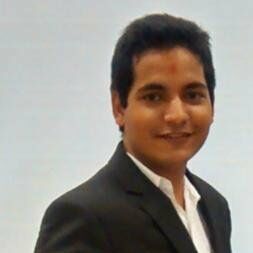
Dharmesh Barot | Biomedical Engineer
I completed my bachelor’s degree in Biomedical Engineering from India. As a Biomedical Engineer I was looking for a course which falls in line with the medical industry requirements but that would also upgrade my skills. The Masters in Biomedical Engineering at the National university of Ireland, Galway has all the ingredients to boost my career. Not only was I able to complete my theoretical course work smoothly with the guidance of professors and staff members but the state of the art facilities provided by the department has helped me to complete my master’s thesis successfully. The MSc in Biomedical Engineering has helped me to build that confidence and skill set which is an absolute necessity for medical device industry.
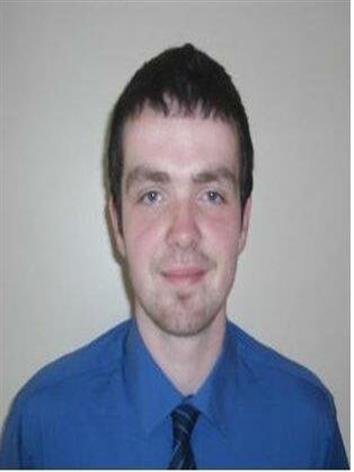
Robert Johnston | BSc Physics with Medical Physics, NUI Galway
The MSc in Biomedical Engineering at NUIG is a challenging but very rewarding course which I enjoyed immensely. Not only does it harness all aspects of your undergraduate degree to be used in the vastly growing biomedical field, but it also gives you the opportunity to be innovative, to research independently as well as work in teams and develop fundamental design and analytical skills through both design projects and a research based thesis, all of which are important to being an engineer in the industry. Along with this, the researchers and lecturers are clearly passionate and at the forefront of their research areas and this makes content easier to understand. I would strongly recommend this course to anyone who has an interest in this area, as I feel that after completion of this course I am fully prepared for my future engineering career.
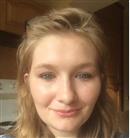
Susan Lowry | B.Sc. Physics with Biomedical Sciences, DCU
I chose the M.Sc. in Biomedical Engineering in NUIG because I came from a B.Sc. Physics with Biomedical Sciences and I was looking for a way to specialize in the biomedical sector with a view towards tissue engineering and/or device design. I feel that this course suits me perfectly, as it has a selection of many of the things I have a desire to study further. There are a lot of choices in the modules, so you can tailor the degree to your own interests and career goals. Through the completion of a year-long research project I hope to bring my research skills and experience to the next level.








